- Empty cart.
- Continue Shopping
Achachairu
Original price was: ₹1,850.00.₹1,500.00Current price is: ₹1,500.00.
Genus : Gavcinia
“Discover the allure of Maparang Fruit with our Maparang Fruit Plant. This tropical plant produces small to medium-sized fruits that are a true delicacy. The Maparang Fruit boasts a unique flavor profile, offering a delightful blend of sweetness and tanginess. The fruits can be enjoyed fresh, used in desserts, or turned into delicious jams and preserves. Grow your own Maparang Fruit Plant and elevate your culinary adventures with this exquisite tropical delight.”
Achachairu, also known as the Achacha fruit or Garcinia humilis, is a tropical fruit tree that is native to the Amazon Basin of Bolivia and Brazil. The tree belongs to the Clusiaceae family, and it typically grows up to 10-15 meters in height.
The Achachairu fruit is small, round, and orange-yellow in color, with a diameter of about 3-5 cm. The fruit has a hard outer shell, which is usually removed to reveal the juicy pulp inside. The pulp is translucent, slightly acidic, and has a refreshing, sweet-tart flavor that is often compared to a blend of lychee, peach, and passionfruit.
The tree requires a warm, humid, and tropical climate to grow and thrive, with an average temperature range of 20-30°C. It prefers well-drained soils with a pH level of 4.5-6.5 and requires regular watering during the dry season. The tree usually begins to bear fruit at around 3-4 years old and can produce fruit for up to 30 years.
Achachairu is a highly valued fruit due to its unique flavor, nutritional value, and medicinal properties. The fruit is rich in antioxidants, vitamin C, calcium, and phosphorus, and it is believed to have anti-inflammatory and antimicrobial properties. The tree is also used in traditional medicine to treat a range of ailments, including fever, diarrhea, and skin infections.
In recent years, the popularity of Achachairu has grown, and the fruit is now cultivated in various countries, including Australia, South Africa, and the United States. However, due to its delicate nature, the fruit is still relatively rare outside of its native regions.

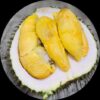




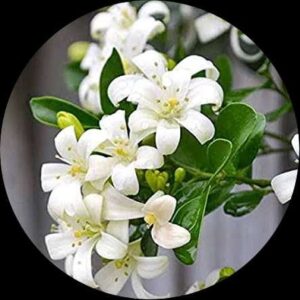
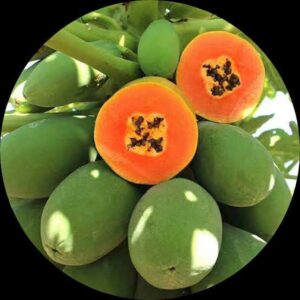

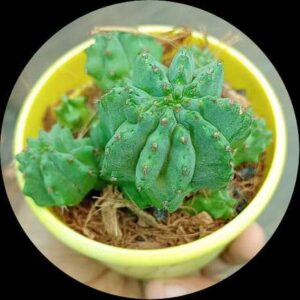


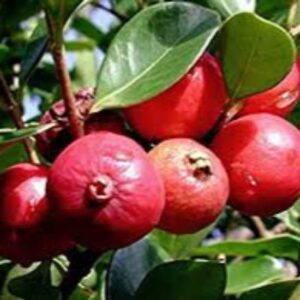
Reviews
There are no reviews yet.